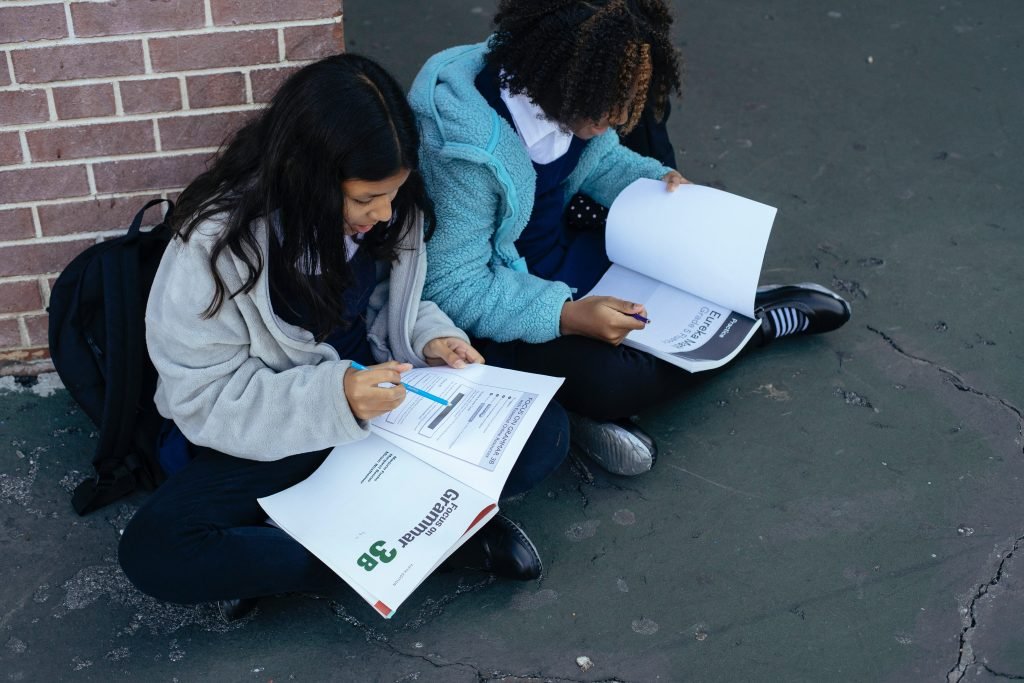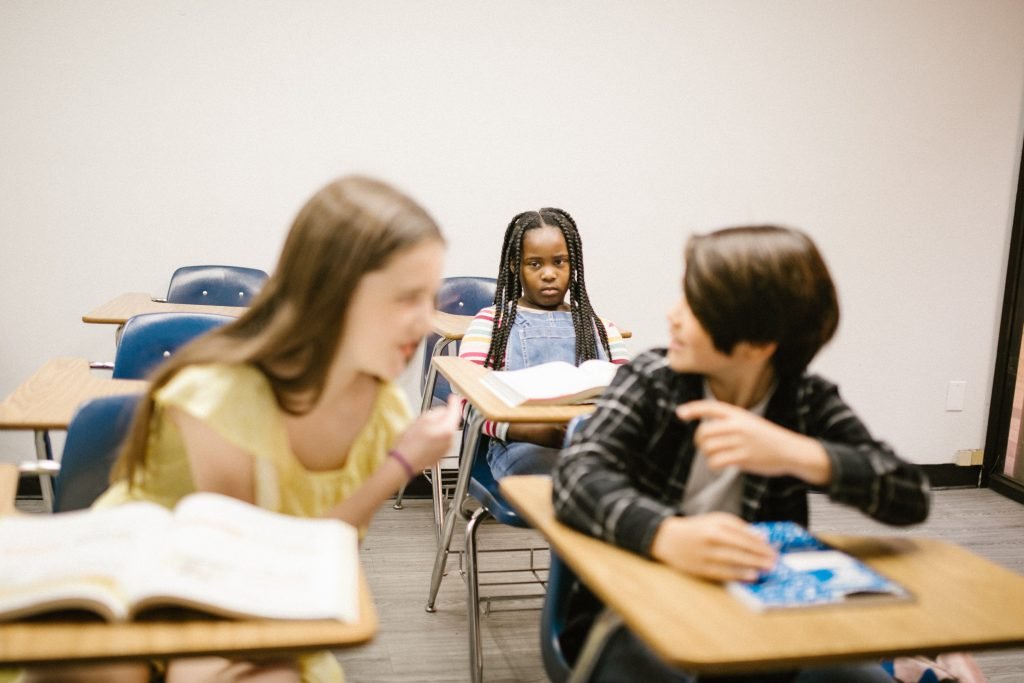Black children are living through unprecedented times of racial inequality. From enduring the life-altering impact of the pandemic to the killing of George Floyd. Many Black children are grappled with the task of understanding the world around them and their personal experiences.
Conversations have been on the rise regarding the long-arm reach of discrimination across every sector of people’s activity. Stakeholders, community members, and parents are calling for a review of the UK’s educational system. For instance, the strip-search of Child Q – a Black girl, by the police at school sparked protests at Stoke Newington police station. This brought into question how school policies disproportionately criminalise Black youth.
Considering 95 percent of young Black people in the UK have heard or seen racist language at school, according to a survey, with 51 percent of males reporting hearing it “all the time.” Studies show racial inequality is one of the most considerable obstacles to students’ academic performance. Therefore, fighting structural racism that still affects children at all levels of institutions and society is urgently needed.
How inequity manifests in UK’s school system

The UK’s educational system incorporates racial injustice in both significant and subtle ways. According to research, young Black British people have encountered racism at school. One in two believe that racial stereotypes impede their academic success. These inequities are a harsh reality many Black children face every day in schools that leave long-lasting impacts on adulthood.
Curriculum
Structural inequality is significantly influenced by the curriculum that is taught to students. A new report claims that the English national curriculum “systematically omits the contribution of Black British history in favour of a dominant white, Eurocentric curriculum.” Ultimately, more is needed to represent the UK’s multiethnic society adequately. With such apparent omissions, it was evident that the curriculum must reflect the community it is intended for, young people, and guarantee that ethnic minorities are represented positively.
School Culture

Institutional racism is deeply rooted in a school’s culture. Studies indicate that seven out of 10 young Black persons in the UK have felt pressure to modify their hair to look more professional in class. Racism within institutions has a detrimental impact on society. Some students can find ways to adjust. For others, finding themselves becomes challenging as they have to code-switch and become someone else to fit in. Institutional racism has wide-ranging effects; it is a vicious cycle that harms people and society. From stifling creativity to promoting stress and burnout, the young Black professional will likely face these workplace challenges.
BYP’s Black Experience Course
A generation could be changed with proper education and representation in schools. Systems ingrained inside institutions need to be adjusted to significantly better the lives and experiences of young Black people. Future success for Black young people depends on ensuring their empowerment and support in society, the job, and education.
To tackle such inequity, employers need to learn more about the discrimination and challenges Black workers face. BYP’s Black Experience Course is a CPD-accredited workshop to arm you with the tools and skills needed to start a conversation around the Black experience. Businesses able to leverage such knowledge can better help their employees succeed in the workplace.
Get started today to equip your workforce with the skills to attract, retain & engage Black talent.






